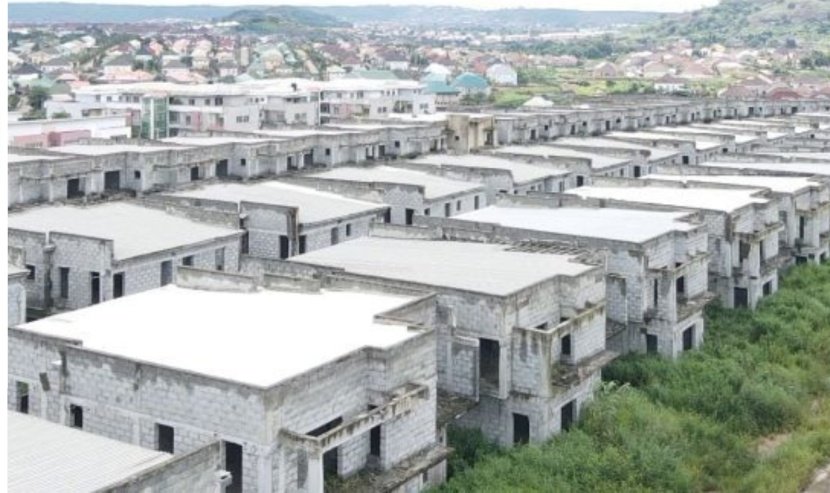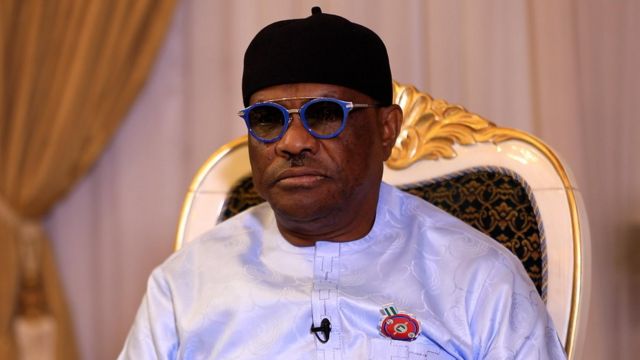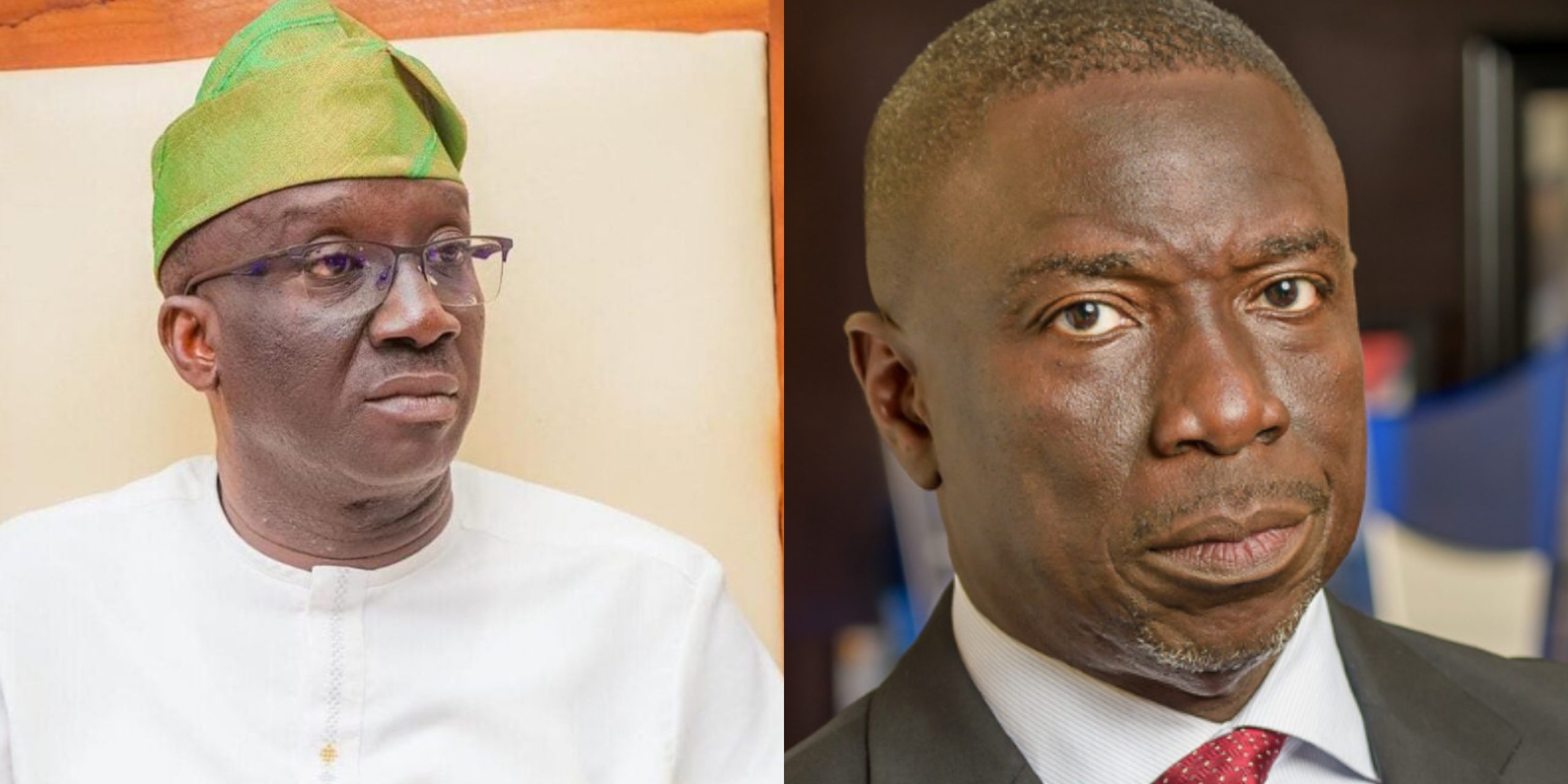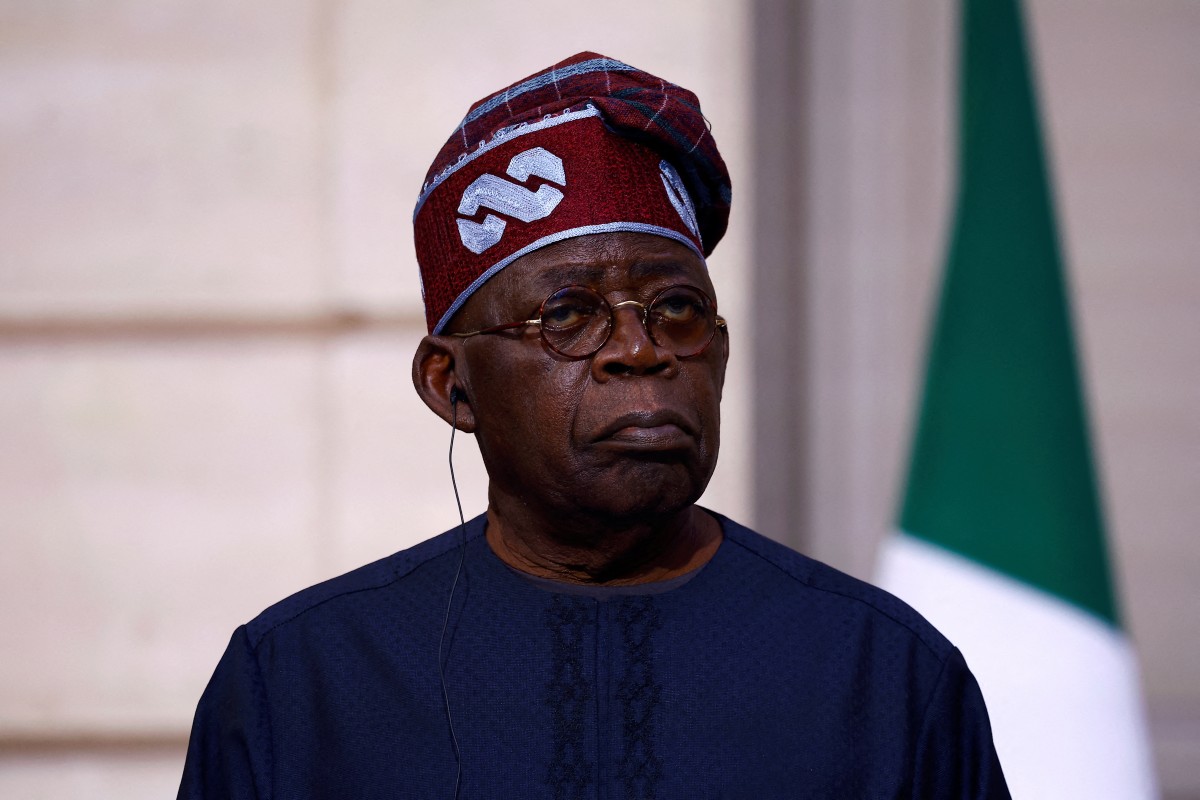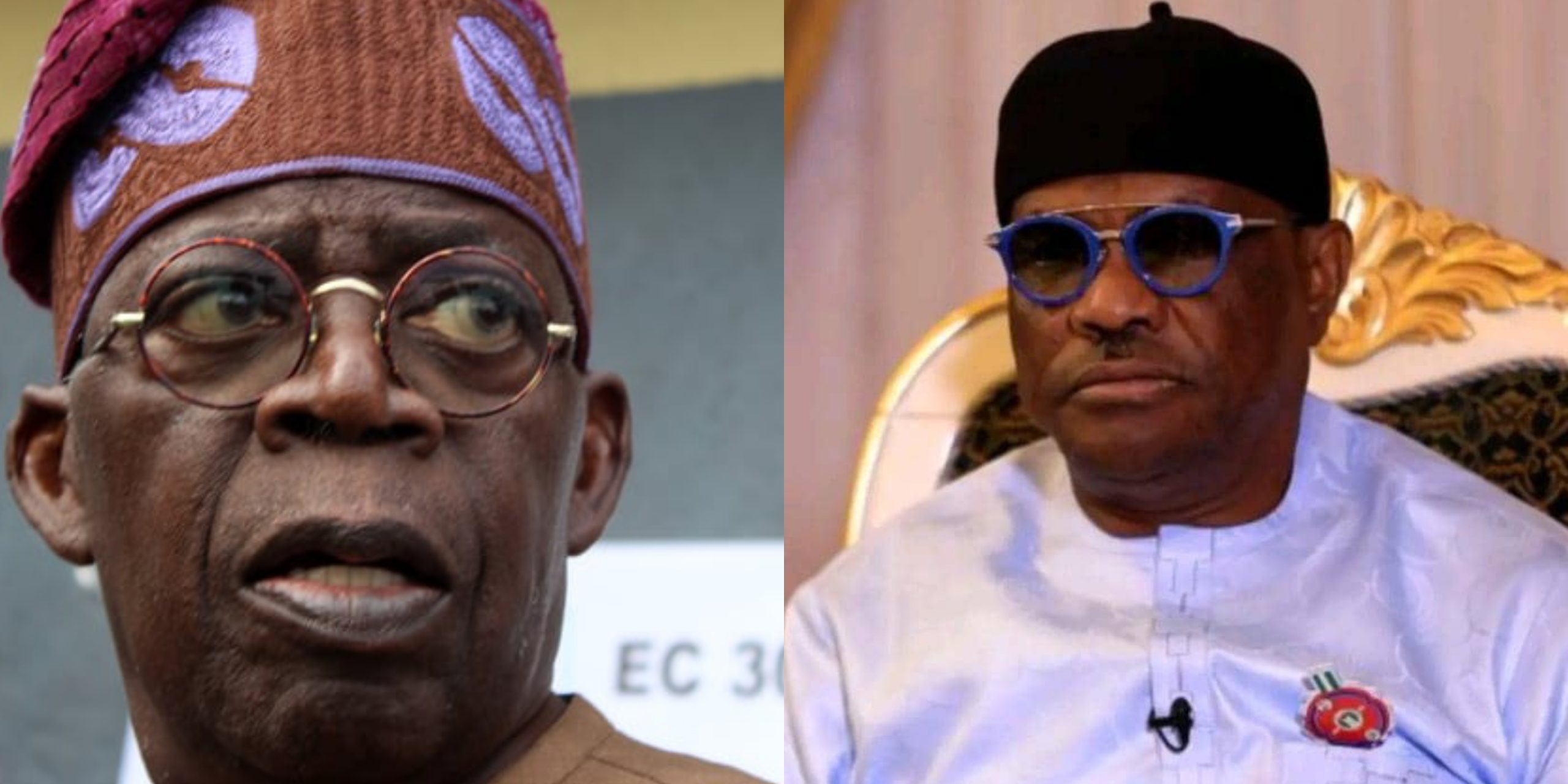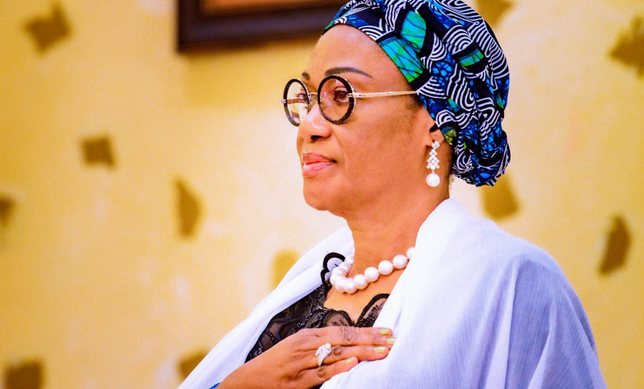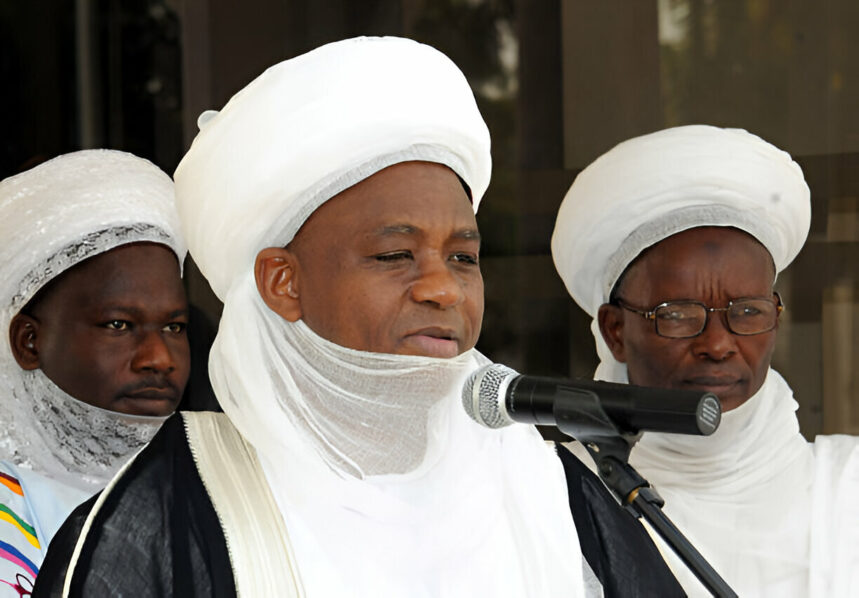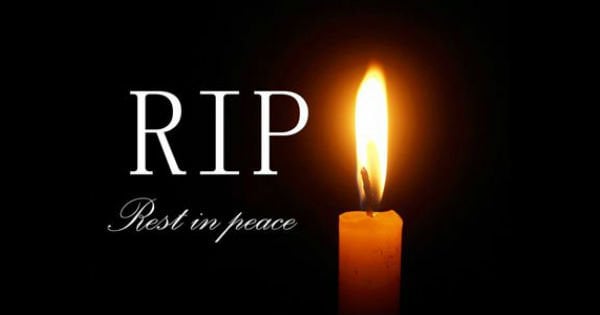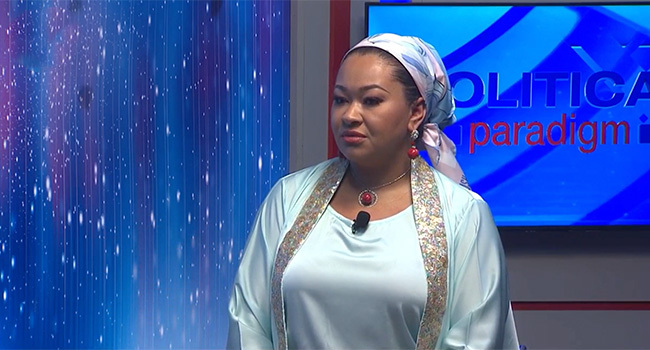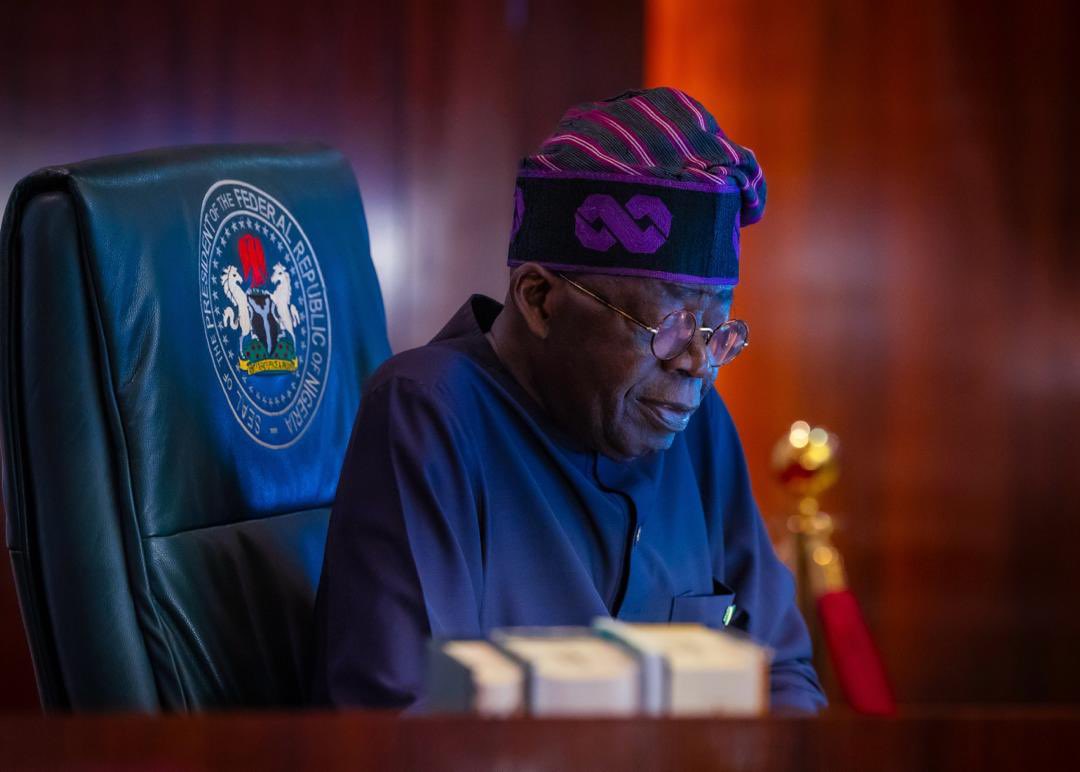The Economic and Financial Crimes Commission (EFCC) is facing backlash from Nigerians for refusing to reveal the owners of a huge estate in Abuja forfeited to the Federal Government on Monday through a court order.
The estate, located at Plot 109, Cadastral Zone C09, Lokogoma District, has 753 duplexes and other apartments.
It was forfeited to the government after an investigation by the EFCC.
In a statement on December 3, 2024, the EFCC said it cannot name the owners because the forfeiture was done under a law that allows actions against properties, not individuals.
The anti-graft agency explained that a company linked to the estate denied owning it after public notices were issued.
As a result, the court ordered the estate’s forfeiture.
‘The allegation of a cover up of the identity of the promoters of the Estate stands logic on the head in the sense that the proceedings for the forfeiture of the Estate were in line with Section 17 of the Advance Fee Fraud Act which is a civil proceeding that allows for action-in-rem rather than action-in-personam.
“The latter allows legal actions against a property and not an individual, especially in a situation of an unclaimed property. This Act allows you to take up a forfeiture proceeding against a chattel that is not a juristic person. This is exactly what the Commission did in respect of the Estate”, EFCC said.
The commission said it is still investigating the case and argued it would be wrong to mention names when there is no proof directly connecting individuals to the estate’s documents.
The agency promised it would treat the case fairly and continue its fight against corruption.
Many Nigerians, however, are not satisfied.
Activist Omoyele Sowore and others have accused the EFCC of protecting powerful people involved in the estate.
On social media, Nigerians have called for the agency to be transparent and disclose the names of those behind the property.
The EFCC criticized the attacks, saying people should focus on fixing the flaws in the system that allow corruption instead of questioning its work.
Despite the EFCC’s explanation, the public is demanding more openness and action against those involved.
Meanwhile, findings by Sahara Reporters on Monday night revealed that the controversial Abuja estate was reportedly linked to former Central Bank of Nigeria chief, Godwin Emefiele.

